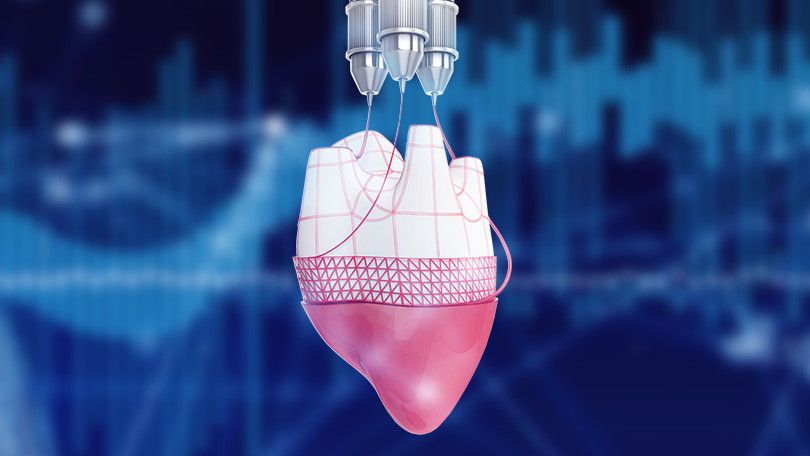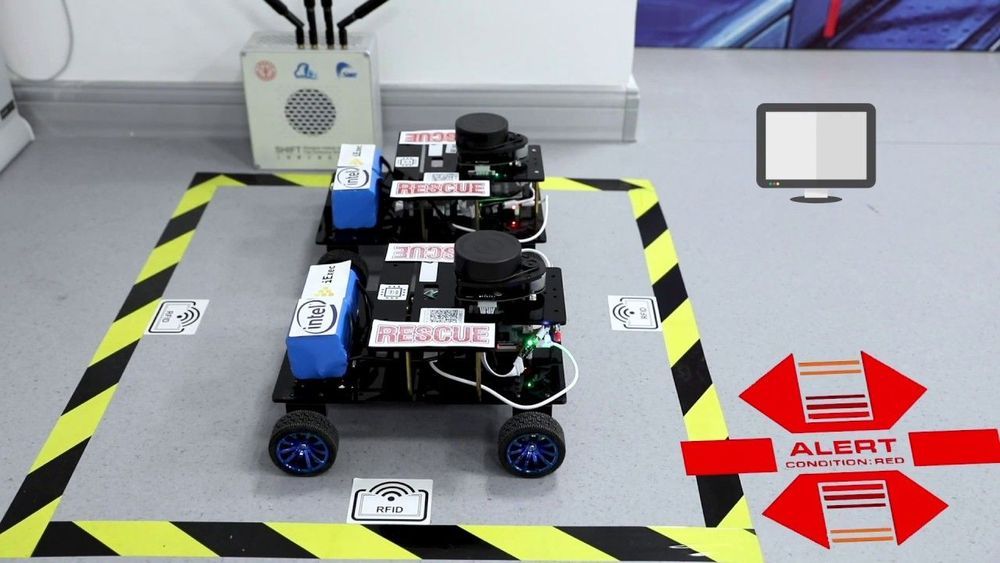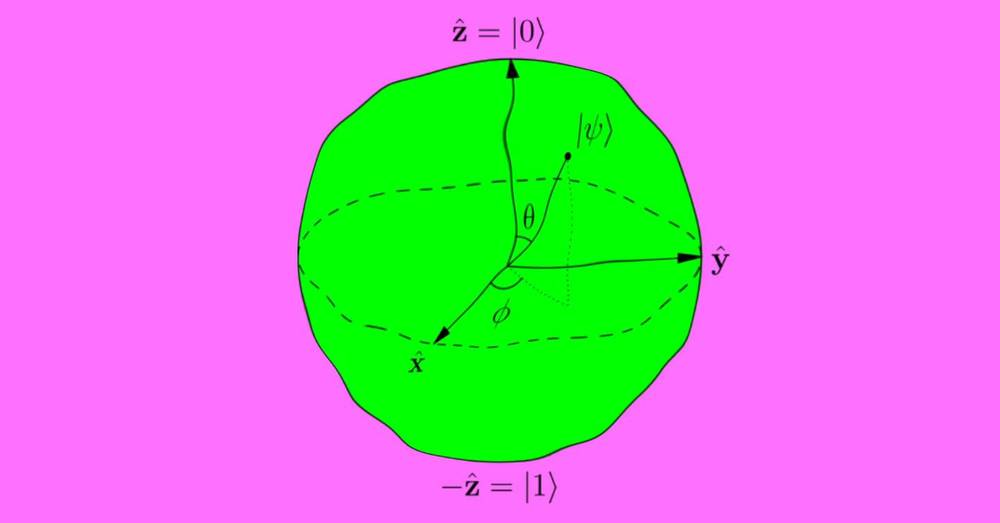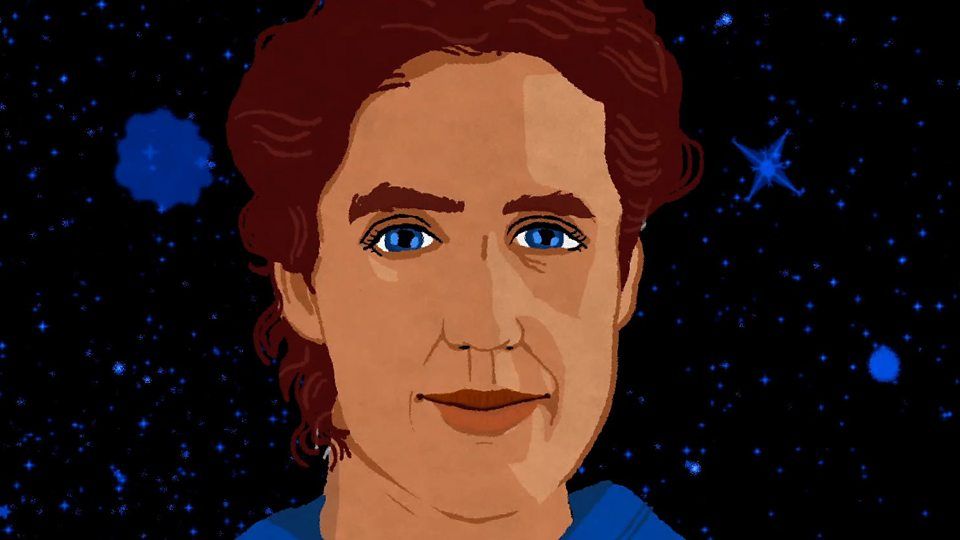The Berkeley biochemist helped discover a world-changing biotechnology.
(3D-printed heart scaffold)
As the head of the University of Illinois Urbana-Champaign’s innovative Cancer Center, Bhargava has been plugging away at injecting more advanced engineering solutions into medical problems. The freeform 3D printer is one of the first futuristic achievements of that effort.
But Bhargava’s project is just one of a wave of technologies that stand to transform medicine and healthcare as we know it; to make them faster, more accurate, and hopefully, drastically more affordable. Microneedle patches, handheld diagnostic machines, and better sensing capabilities, as well as 3D bioprinting, are just a few of the technologies coming to a doctor’s office near you—or maybe even into your home—in the next decade.
Jetpack Aviation has leap-frogged its own flying car project with the announcement that it’s taking pre-orders now on a self-stabilizing, jet turbine-powered flying motorcycle capable of 150 mph speeds, 20 minute endurance and 15,000 ft altitudes.
Samsara Therapeutics has completed a seed financing round in collaboration with Apollo Ventures, a venture capital company and biotech incubator that supports longevity research and treatments for age-related diseases.
Samsara Therapeutics, Inc. (“Samsara,”) a platform biotechnology startup engaged in the discovery and development of compounds that address the primary molecular causes of aging, announced today the closing of a seed financing round. The financing was led by Apollo Ventures, a life sciences venture capital firm and company builder working across Europe and North America.
Additionally, on February 19th, 2019 Nature Communications published a peer-reviewed paper, “The flavonoid 4,4′-dimethoxychalcone promotes autophagy-dependent longevity across species” authored by Samsara’s scientific team [1]. The paper demonstrates the capability of the Samsara platform to identify novel MoA geroprotective small molecules that extend healthy lifespan across species and which are protective in mammalian models of disease.
We believe that when we are faced with the choice between two or more options of what to think about, non-conscious traces of the thoughts are there already, a bit like unconscious hallucinations,” Professor Pearson says. “As the decision of what to think about is made, executive areas of the brain choose the thought-trace which is stronger. In, other words, if any pre-existing brain activity matches one of your choices, then your brain will be more likely to pick that option as it gets boosted by the pre-existing brain activity.
A new UNSW study suggests we have less control over our personal choices than we think, and that unconscious brain activity determines our choices well before we are aware of them.
Published in Scientific Reports today, an experiment carried out in the Future Minds Lab at UNSW School of Psychology showed that free choices about what to think can be predicted from patterns of brain activity 11 seconds before people consciously chose what to think about.
The experiment consisted of asking people to freely choose between two visual patterns of red and green stripes – one of them running horizontally, the other vertically – before consciously imagining them while being observed in a functional magnetic resonance imaging (fMRI) machine.









